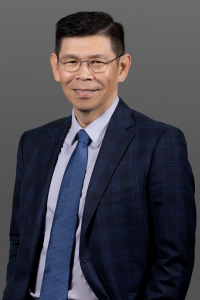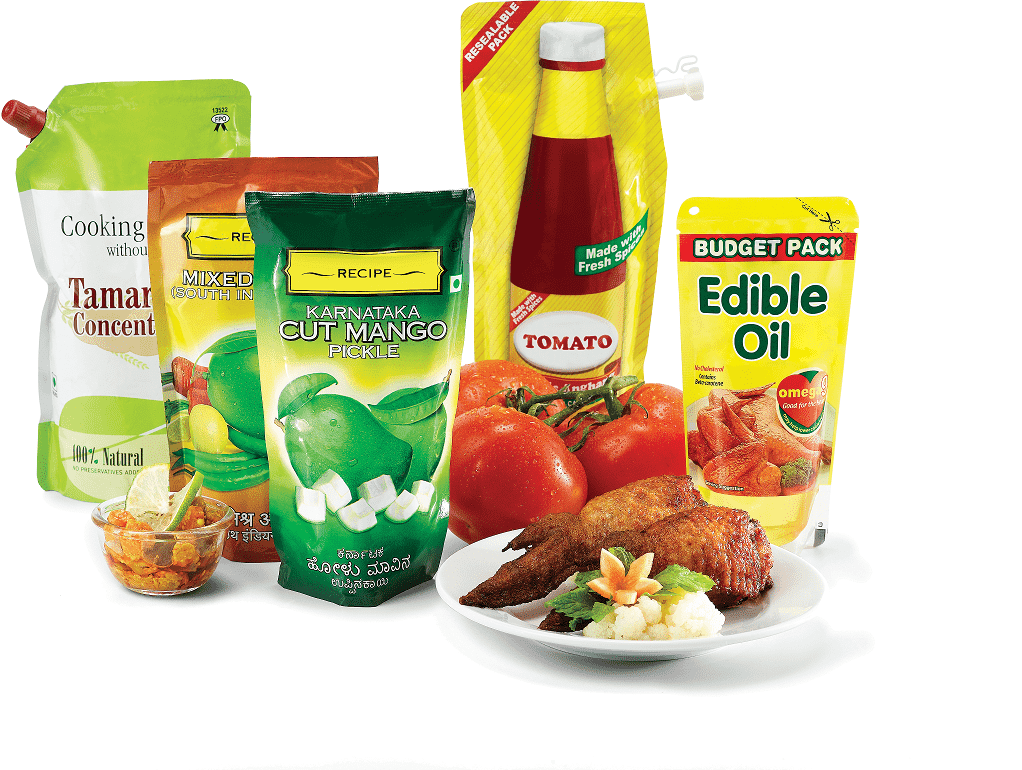In an exclusive conversation with Packaging360, Bambang Candra, Commercial Vice President, Dow Packaging & Specialty Plastics, Asia-Pacific shares insights on various aspects of sustainability & circular economy goals.
Packaging 360: What are Dow P&SP’s aspirations over the next five years in shaping the future of the plastics industry, and how will you future-proof it?
Bambang Candra: Climate change and environmental degradation, including the plastic waste crisis, are an existential threat to our planet. Citizens, NGOs and policymakers rightly call for a fundamental change in how economies and industries operate. As a leading materials science company, this is a clear priority for Dow, and we are taking urgent action to become carbon neutral and reduce our CO2 emissions, stop plastic from entering the environment where it does not belong, and accelerate the circular economy for plastics. Circularity will play a critical role as one of the fastest, most affordable, most effective, and key enablers to reducing CO2 emissions and waste before 2040.
We have a clear strategy in place to achieve circularity. We are designing products that are easier to recycle from the outset and investing heavily in innovative recycling technologies that will give plastics a second life rather than being lost to the environment, incineration or landfill.
- Design for Recyclability (D4R)
The design phase is critical – more than 80% of the environmental impact of a packaging product is determined at the design stage. Our goal is to preserve all packaging functions while using only one material – PE.
Dow partners with Syntegon Technology to offer fully recyclable pillow pouch packaging in India
Dow, Vishakha and Dharmesh Foods provide advance Recyclable Packaging Solutions for Wheat Packaging in India - Recycled Content: Mechanical recycling
Mechanically recycled PE resins have a lower carbon footprint than virgin PE resins. Mechanical recycling allows us to take back a range of mono-material (polyethylene) waste plastic packaging that is then cut up and re-formed into different Post Consumer Recyclate products. Through collaboration between resin producers and recyclers, we can see the value of PCR being unlocked.
Dow launched its first digital waste management program (Rethink+) in Asia Pacific to recycle plastic waste, with local partners in India
Dow partnered with Lucro to launch a post-consumer recycled (PCR) polyethylene film solution in India
- Chemical or Advanced Recycling
We are committed to accelerating advanced recycling (also known as chemical recycling) as a complementary technology to mechanical recycling. Once sorted, this process allows us to take a far greater range of plastic waste, including recyclable flexible films. Much of this type of waste currently has no value and is ending up in the environment, going to landfills or being incinerated. But advanced recycling is a game changer and allows us to turn it back into the equivalent of virgin plastic – which is critical for safety in regulated applications like food packaging.Currently, our partnerships in advanced recycling extend only to Europe and North America, but the intention is that future strategic partnerships will extend to Asia Pacific shortly.
- Minimizing resources – Decarbonize and Grow
Action on climate change is not just about the production process. It’s important to remember that plastic has been, and continues to be, an incredibly useful tool in reducing carbon emissions. Particularly when it comes to combating food waste and driving distribution efficiency are significant global challenges[1]. Our material innovations help our customers design packaging for food to keep meat fresh up to three times longer while using only a third of the packaging material compared to conventional methods. The result is a 75% cut in CO2 footprint from food waste compared to alternative packaging materials.
Packaging360: Could you throw light on Dow P&SP’s current strategy and approach to supporting Asia-Pacific economies through our Transform the Waste targets
Bambang Candra: The problem of plastic waste is an issue the entire world faces, but across the Asia Pacific region specifically. The existing waste collection infrastructure can be inadequate and inconsistent. For instance, India and Indonesia have a large informal waste ecosystem. Waste pickers are essential to the collection and sorting process, removing recyclable and reusable materials from landfills and the environment. However, flexible packaging, which includes materials such as bags and pouches, is one of the most neglected waste streams because it is harder to recycle and currently offers lower-income opportunities for informal waste workers.
There is a lack of waste infrastructure and the consequent plastic waste challenge. The need to implement systems that enable the collection, reuse and redesign is crucial. To truly address the plastic waste crisis in Asia Pacific, we need to rewrite our traditional business models.
Partnering with organizations in the informal waste sector enables important networks to be formed to address waste management inadequacies and promotes collaboration between brands and recyclers, which not only prevents waste from entering the environment but also supports livelihoods by creating jobs and businesses.
For instance, In India, we partnered with Recykal to launch the Rethink+ program in Pune. Rethink+ is a unique plastics take-back program that aims to prevent post-consumer plastic waste from going to landfills by digitally connecting waste generators, waste aggregators, waste processors and recyclers. Infrastructure for collecting, segregating, and recycling post-consumer plastic waste received through this program was built to ensure that the collected materials are channelled to authorised recyclers, road contractors and waste-to-fuel (pyrolysis) facilities. The waste will then be used as a resource; for example, to implement plastics on roads.
We are finding value in flexible waste and creating a viable circular system for flexible plastics. We partnered with Lucro PlasteCycle, a specialist in recycling flexible plastic film waste, to develop and launch polyethylene (PE) film solutions using post-consumer recycled (PCR) plastics in India. This collaboration is aligned with Dow’s new sustainability target of stopping waste by collecting 1 MMT of plastics to be collected, reused or recycled by 2030. This approach could also reduce carbon emissions when compared to virgin PE resins and, as a result could contribute to helping converters and brands to meet their sustainability goals.
Working with regional experts to identify and align local strategic partners and share vital in-region knowledge is fundamental to embedding successful strategies.
Packaging360: What will be the most interesting advances for materials in the near future?
Bambang Candra: To be circular, we need plastics waste. It will be the new raw material for material science and innovation. We require a stable, sufficient supply of sorted plastic waste to feed and scale up recycling plants. To achieve circularity, we therefore need:
- continued investments in the collection and sorting infrastructure.
- harmonized criteria for End Producer Responsibility schemes across Asia Pacific to incentivize design for recyclability.
- a stable and less bureaucratic cross-border shipment of secondary raw materials (waste) for recycling. Asia Pacific will have an essential role to play here.
Our vision is to become the leading producer of circular plastics with the lowest CO2 footprint in Asia Pacific, where plastic’s environmental performance will match its practical and societal benefits.
 About Bambang Candra
About Bambang Candra
Bambang Candra is Commercial Vice President for Dow’s Asia Pacific Packaging and Specialty Plastics (P&SP) business, based in Singapore. He is responsible for the strategic direction, sustainability and business performance with a focus on innovative solutions for applications in food packaging, health and medical, infrastructure and transportation.
Bambang brings a rich experience of more than 30 years in the plastics industry in Asia Pacific. He assumed his current position in September 2017.
He is passionate about driving sustainable solutions and is driven to build high-performing business and teams.
Dr. R. Rangaprasad, is currently Business Head, Packaging 360, a Mumbai based knowledge service provider vertical under Catalyzing New Technology (CNT) Expositions & Services LLP. Packaging 360 is a comprehensive knowledge sharing ecosystem for the Indian packaging industry (www.packaging360.in).
Dr. R. Rangaprasad is a chemical technologist by training having earned his Ph.D. (Tech) degree from UDCT (now ICT) in 1992.







